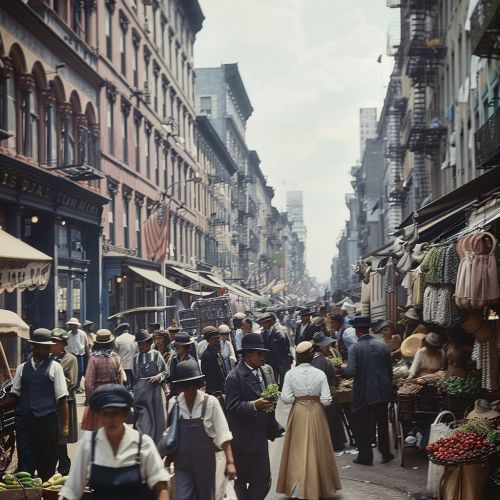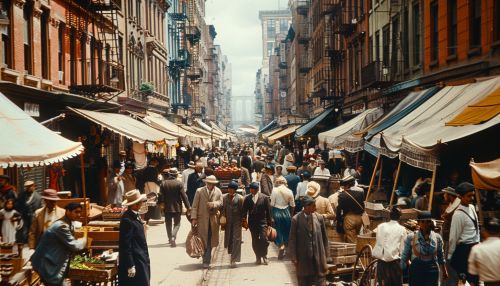Al Smith
Early Life
Alfred Emanuel Smith, known as Al Smith, was born on December 30, 1873, in the Lower East Side of Manhattan, New York City. He was the son of Alfred Emanuele Ferraro and Catherine Mulvihill. His father was of Italian descent and his mother was of Irish descent. Smith grew up in a predominantly immigrant neighborhood, where he was exposed to a diverse range of cultures and experiences.


Education
Smith received his early education at St. James School, a Catholic institution in his neighborhood. Despite his humble beginnings, he showed a keen interest in learning and was an avid reader. His education was cut short when his father died, forcing him to leave school and start working at a young age to support his family.
Political Career
Smith started his political career as a clerk in the office of the Commissioner of Jurors in 1895. He was elected to the New York State Assembly in 1904, representing the 2nd District. Smith served in the assembly for 12 years, during which he was known for his efforts to improve labor conditions, education, and public health.
In 1918, Smith was elected Governor of New York, a position he held for four terms. His tenure was marked by significant reforms in education, labor laws, and social services. His progressive policies earned him the nickname "The Happy Warrior" for his commitment to social justice.
Presidential Campaigns
Smith sought the Democratic nomination for President in 1924 but lost to John W. Davis. He secured the nomination in 1928, becoming the first Catholic to be nominated by a major party for the presidency. However, he lost the election to Herbert Hoover. His campaign was marked by anti-Catholic sentiment and a backlash against his opposition to Prohibition.
Later Life and Legacy
After his political career, Smith served as the president of the Empire State Inc., overseeing the construction of the Empire State Building. He remained active in politics, supporting Franklin D. Roosevelt's New Deal policies.
Smith died on October 4, 1944, leaving behind a significant legacy in American politics. He is remembered for his progressive policies and his pioneering role as a Catholic in American politics.
